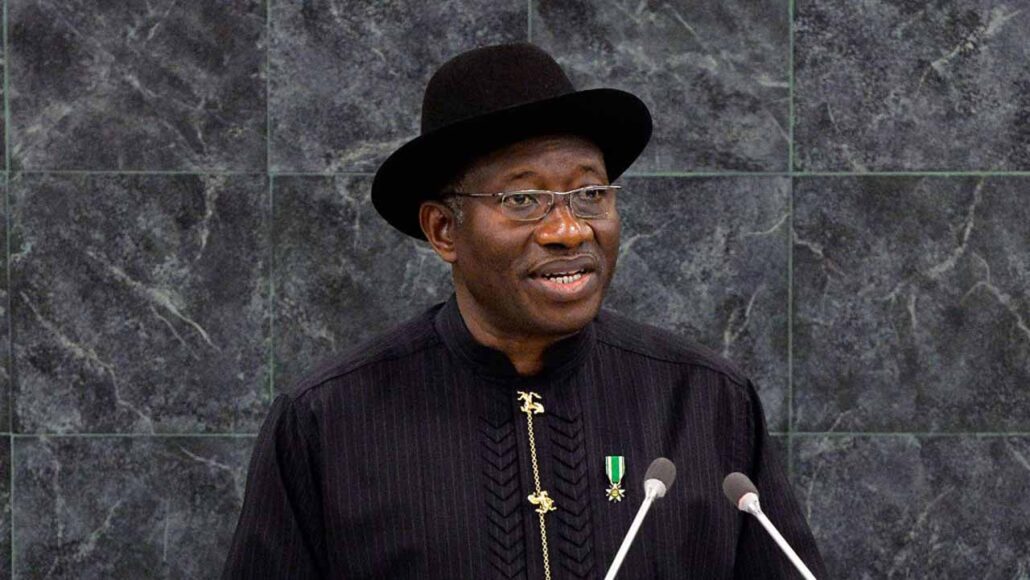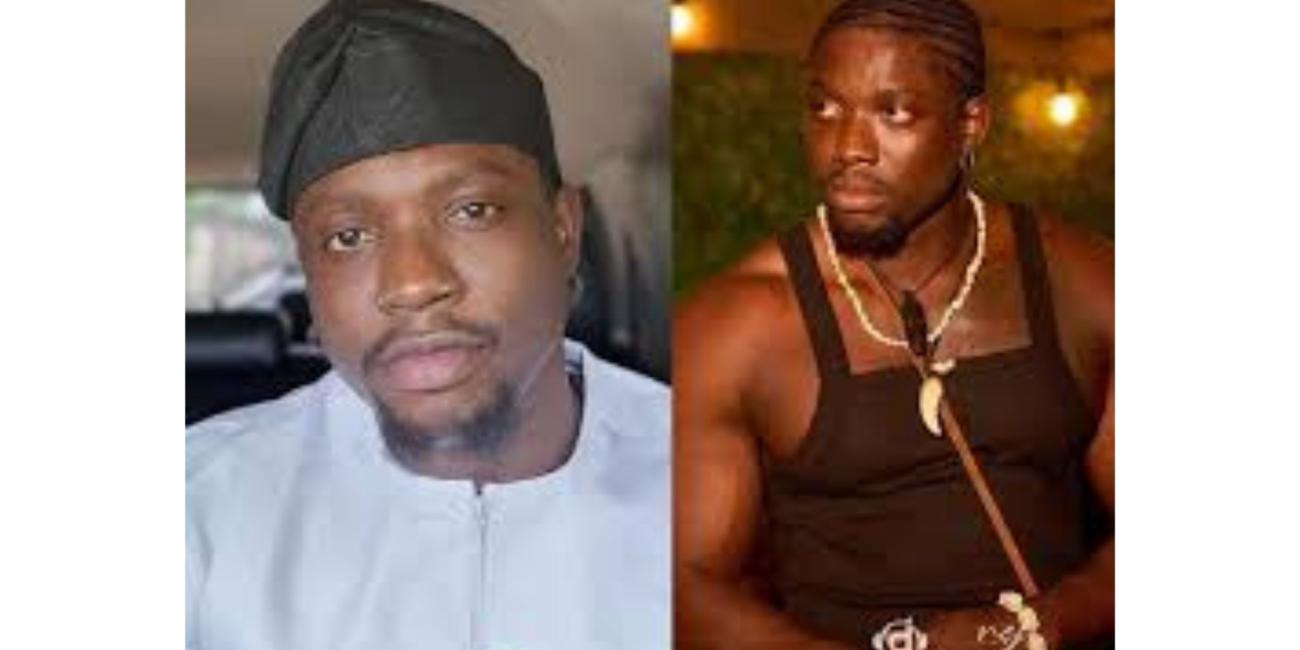Former Nigerian President Goodluck Jonathan has raised concerns over the role of the Independent National Electoral Commission (INEC) and the judiciary in shaping the democratic process, stressing that their conduct directly impacts the integrity of elections. Speaking at the Reflection Conference on Democratic Elections in West Africa, organized by Yiaga Africa in Abuja, Jonathan emphasized the urgent need for comprehensive electoral reforms to address systemic weaknesses that have plagued elections at both national and sub-national levels.
The Role of the Judiciary and Electoral Bodies
Jonathan underscored the judiciary’s pivotal role in ensuring credible elections, noting that a corrupt environment fosters electoral malpractices. “For elections to be conducted properly, the judiciary must always play its role. Every human being has the tendency to exploit and cheat, but if the environment does not tolerate corruption, individuals will be forced to act with integrity,” he stated.
Drawing an analogy with football, he likened electoral oversight to a strict referee and a Video Assistant Referee (VAR) system that ensures fair play. “If INEC, which serves as the referee, and the judiciary, which should be the VAR, tolerate electoral misconduct, politicians will exploit the system to win by any means necessary,” he warned.
He further recounted an instance of judicial integrity where a judge refused to bow to political pressure, stating, “A senior politician once tried to manipulate a judge, but the judge stood firm, saying, ‘Even with a gun to my head, I will not compromise.’ That is the kind of judiciary we need.”
Challenges in West African Elections
Jonathan acknowledged that while some West African nations have held peaceful and credible elections, others have been marred by violence, fraud, and weak institutions.
Nigeria (2023 General Elections): Despite the introduction of the Bimodal Voter Accreditation System (BVAS) and the INEC Results Viewing Portal (IReV) to enhance transparency, the elections faced logistical failures, delayed voting, security threats, and technical glitches.
Sierra Leone (2023 Elections): The country introduced biometric voter registration but faced allegations of voter intimidation, ethnic tensions, and election irregularities, leading to an opposition boycott of governance institutions.
Ghana (Recent Elections): Despite the limited use of technology, Ghana upheld its reputation for democratic stability, with its Electoral Commission and security forces ensuring free, fair, and transparent elections.
Jonathan emphasized the need for electoral commissions to maintain independence, impartiality, and resilience against political interference, urging West African nations to strengthen institutions that uphold democracy.
Jega Questions INEC’s Independence
Former INEC Chairman, Prof. Attahiru Jega, echoed Jonathan’s concerns, questioning the independence of Nigeria’s electoral body and emphasizing the need to safeguard its integrity. He pointed out that electoral management bodies (EMBs) face increasing challenges, ranging from weak legal frameworks to external pressures from political actors.
“Desperate candidates often manipulate the system, leveraging weak laws, new technologies, and even crises such as pandemics and natural disasters to undermine electoral credibility,” Jega stated.
He also highlighted deep-seated issues in West African politics, including the abuse of incumbency powers, suppression of opposition, and media control. According to Jega, democratization has done little to curb kleptocratic politicians and their networks, which continue to weaken democratic institutions.
Security Threats and Electoral Instability
Jega linked electoral instability to broader security threats in West Africa. He noted that the aftermath of Libya’s civil war and the death of Muammar Gaddafi have led to an influx of small arms and insurgencies, particularly in the Sahel region.
He argued that colonial-era “divide and conquer” tactics still influence West African politics, leading to sectarian voter mobilization, winner-takes-all governance, and systemic corruption. This, he said, has undermined trust in democratic institutions and processes across nations such as Nigeria, Liberia, Côte d’Ivoire, and Sierra Leone.
A Call for Action
Jonathan and Jega both urged West African leaders to address these fundamental issues by promoting inclusivity, strengthening democratic institutions, and fostering transparency in electoral processes.
“We must invest in building the capacity of electoral bodies, judiciary systems, and security agencies to uphold democracy. Only through collective action can we ensure that elections reflect the true will of the people,” Jonathan concluded.






It’s rare to come across texts that educate, inspire, and enchant all at once! Your article is not just a collection of information – it’s a true feast for the mind. Your words wrap around the reader like a warm blanket on a chilly evening, making them want to return again and again.